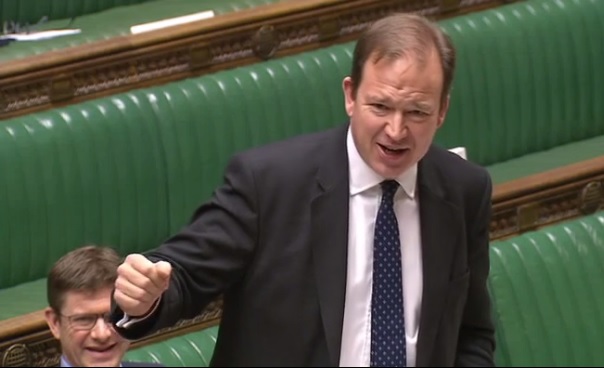
“We are in active discussion with other departments about this.” Energy minister Jesse Norman claims talks are ongoing in government regarding how business rates are applied to solar installations.
The Department of Business, Energy and Industrial Strategy (BEIS) has continued talks across Whitehall on the issue of rising business rates on solar installations, despite the lack of progress made in last week’s budget.
Speaking today during the latest BEIS oral questions session, minister for industry and energy Jesse Norman responded to concerns put forward by Labour MP Pat Glass regarding 44,000 businesses that will see their rates increase following the removal of an exemption for small micro-generation.
“We have as a department long recognised the problem in some cases she refers to and we are in active discussion with other departments about this,” he said.
Last week chancellor Philip Hammond offered nothing to mitigate the impact of a revaluation of the business rates regime on micro-generation, despite almost a year of protests and opposition from across industry and within the House of Commons.
However, Norman’s suggestion that talks are still ongoing on the issue suggests some action could be taken before 1 April when exemption for solar installations below 50kW is due to be removed, with some businesses facing up to an 800% increase in rates as a result.
Leonie Greene, head of external affairs at the Solar Trade Association, said she was “very pleased” to hear Norman state that talks were ongoing between departments on the issue, adding: “It’s certainly not over.”
BEIS has failed to clarify what efforts it has made in the past to address the issue, having refused Freedom of Information requests from SPP regarding the previous energy minster Baroness Neville-Rolfe’s claims that the department was looking at the impact of rates on public and private schools.
Despite holding information within scope of the request and acknowledging the public interest in releasing such information, BEIS argued releasing such information would affect “the ability of officials to continue free and frank discussions about these issues”.
It remains unknown what work the department has carried out on the issue, or if progress will be made to address the unintended impact of the rates system on certain installations.
BEIS was unable to provide clarification on Norman’s comments as to which departments are involved in talks or the nature of such discussions.

